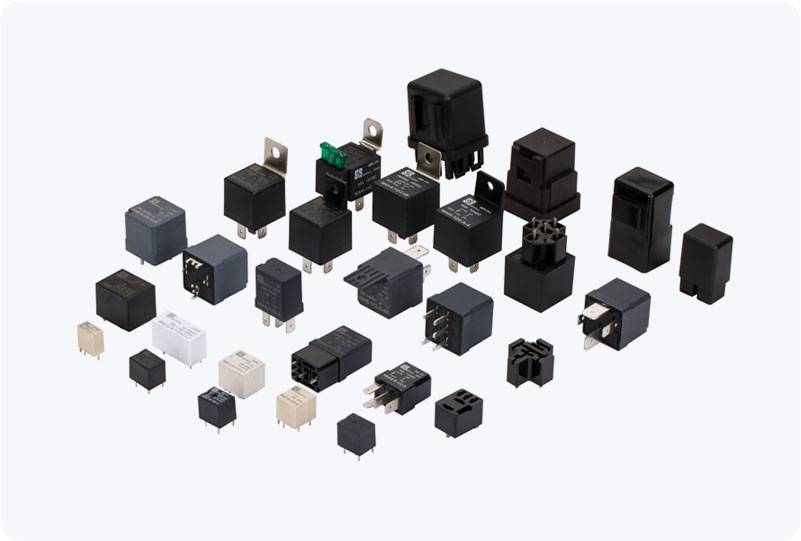An Overload Relay is a vital component in electrical systems that protects devices, especially motors, from damage caused by overcurrent conditions. This article explores the functionality, types, and applications of overload relays, highlighting their essential role in ensuring the safety and longevity of electrical equipment.

What is an Overload Relay? An overload relay is an electrical device designed to protect electrical motors or circuits from the detrimental effects of prolonged overcurrent conditions. Overcurrent refers to when the current flowing through the circuit exceeds the rated value for an extended period. This excessive current can cause overheating, which may lead to equipment failure or fire hazards. The overload relay disconnects the power supply when an overload occurs, preventing further damage and ensuring the safe operation of the motor or electrical system. How Does an Overload Relay Work?